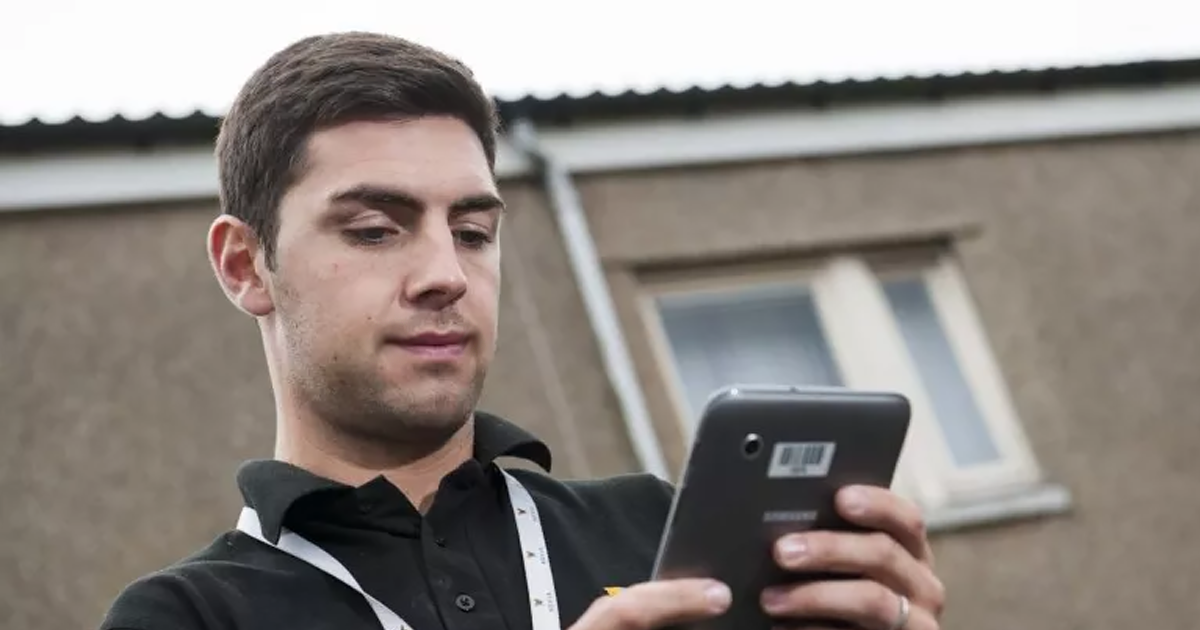💰Tips for avoiding the dreaded deposit dispute!

Deposit releases are one of the biggest area of attrition between landlord, tenant and agent. Sometimes it seems both parties are destined to dispute the amount and the finger is pointed at the agent as the person in the middle, and this is hugely demanding on your time.
We hope to offer some insight into how to avoid disputes, and achieve the fairest outcome for all.
📝 Evidence – the importance for a good Check In and Check Out cannot be understated. Without appropriate evidence or a statement on a Check Out report confirming the issue, the tenant is unlikely to entertain any claim, let alone should the matter actually have to go to dispute.
📞 Communication – this takes many forms, but most property managers will use email to communicate. This is likely as they don’t want to have arguments on the phone, but only prolongs the process. Written confirmation is important, but explanations on the phone will help all understand more, and be a lot quicker! There is also nothing worse than for a tenant to be expecting their deposit back and not hear, or be able to get through to someone. Tackle the hard conversations head on, this will likely mean they’re not blaming you if their deposit is delayed.
🤔 Expectations - this starts very early, not just once the Check Out has been completed. Set expectations with the tenant early, at the latest when they give notice, but even better if you can do this at move in. Highlight specifics to them when sending the inventory report, ‘the lounge walls have been repainted and the carpet is new throughout’, ‘you can see it’s been professionally cleaned, we used MyCleaner and can send an invoice if you’d like’. The Depositary is a great solution for taking a tenant through what’s expected of them, provides cleaner’s details and even makes them confirm if they’ve booked your cleaner, will be doing it themselves or hiring an external company, which helps you be proactive for the turn around.
📖 Knowledge – exhibiting knowledge by sharing information and experiences with landlords will often make them trust, and take, your advice. This is usually not what they would hope for, but is likely the most reliable way to ensure an agreement is reached. The TDS also have a great bank of Case Studies, guides and information. This can also work the other way with tenants. Sending a case study to back up your comments may seem a little forceful, but just think about the consequences, and time it’ll take up, if you can’t get to an agreement.
If you’re interested in automating maintenance to free up time for your property managers and save money for your landlords, you can book a demo of the Help me Fix video triage service here.


